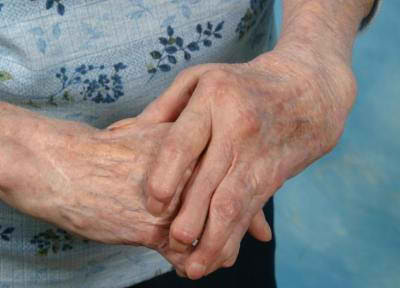New research confirms suspicions that people with rheumatoid arthritishave a slightly higher risk of developing blood clots in the veins in the ten years following diagnosis.
The risk appears to be greatest during hospitalizations, according to Swedish researchers added.
Yet , the study does not prove that rheumatoid arthritis directly increase the risk of blood clots.
Even so, it provides strong evidence that there is a relationship between rheumatoid arthritis and blood clots, and that some factor associated with rheumatoid arthritis – inflammation, treatment, or other – increases the risk of blood clots .
Rheumatoid arthritis is different from osteoarthritis, arthritis associated with wear and aging. Rheumatoid arthritis often begins between the ages of 25 and 55, and causes inflammation in the joints , resulting in swelling, stiffness, pain and reduced joint function.
Previous research has suggested a link between rheumatoid arthritis and blood clots known as deep vein thrombosis, blood clots typically found in the leg or thigh. If the clot travels to the lungs can cause a pulmonary embolism.clots can cause heart attack and stroke.
In the new study, researchers tried to better understand the additional risk of blood clots and determine whether increases when patients are hospitalized.
Of the nearly 38,000 patients visiting the doctor frequently for the condition, 2.2% had a diagnosis of blood clots.
Originally posted 2013-04-08 16:31:17.
